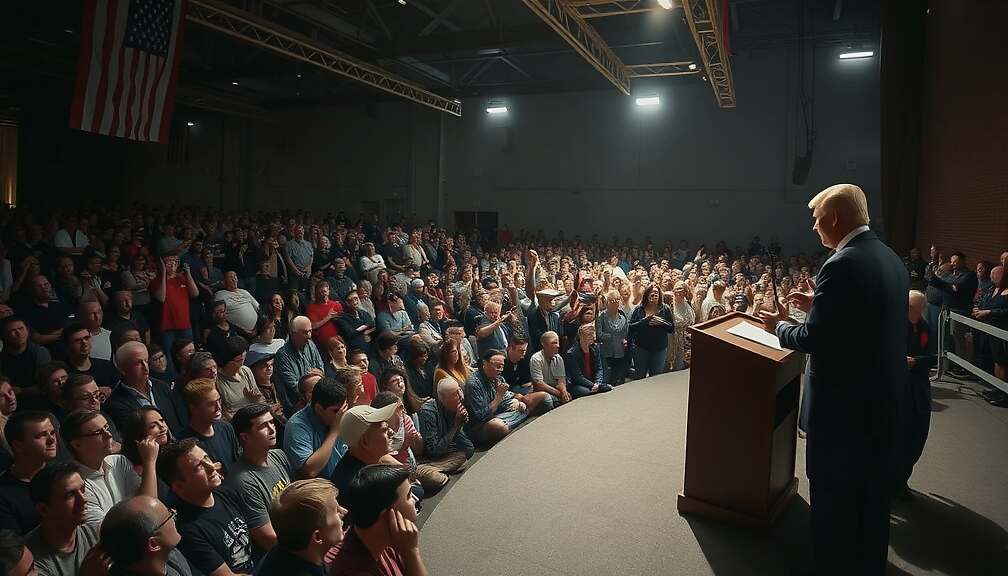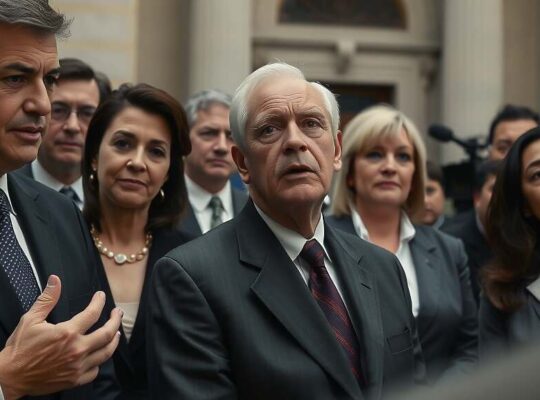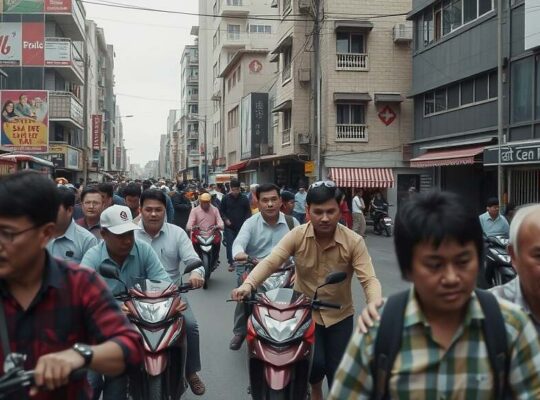The political landscape in Germany is experiencing renewed tension as Sahra Wagenknecht, leader of the freshly formed “Bürgerbewegung Summe” (BSW), is publicly urging the Green Party and her former party, the Left, to support a recount of the 2023 federal election. Wagenknecht’s appeal, delivered through an interview with the “Tagesspiegel” directly challenges the current political deadlock and hints at a potentially destabilizing shift in power should the BSW belatedly enter parliament.
The call follows earlier support for a recount from the Alternative for Germany (AfD), who criticized other factions for “playing for time” in a statement provided by deputy federal chairman Stephan Brandner to “Der Stern”. Brandknecht positioned the demand not as a partisan maneuver on the part of the BSW alone, but as a fundamental question of democratic integrity, asserting that legitimately conducted and accurately tallied elections are elemental to a functioning democracy. She sharply criticized those obstructing a recount, implying their obstruction of a recount demonstrates a lack of genuine commitment to democratic principles.
The controversy centers on the narrow margin-just 9,529 votes-by which the BSW failed to surpass the five percent threshold to enter the Bundestag. Doubts regarding the accuracy of the vote count have lingered, fueled by political scientists Eckhard Jesse and Uwe Wagschal who, in a published commentary, argued for a recount due to “numerous discrepancies”. These discrepancies have yet to be thoroughly examined.
The BSW has already petitioned the Federal Constitutional Court, however, the court has stipulated that the Bundestag’s electoral review committee must first address the request. Remarkably, over eight months after the election, this process remains unresolved. The delay has drawn criticism, with Wagenknecht denouncing the inaction as “an indictment of the so-called ‘democratic center’s’ parties.
The stakes are high. Should the BSW ultimately be admitted to parliament, it would strip the current Black-Red coalition government, led by Olaf Scholz, of its majority, potentially triggering a constitutional crisis and requiring new elections. The reluctance of the Green Party and the Left to embrace a recount, despite concerns raised about the validity of the results, is being interpreted by some as a calculated political strategy intended to preserve the existing power structure, regardless of the questions surrounding the legitimacy of the current government’s mandate. The ongoing stalemate raises serious questions about transparency and accountability within the German electoral process and the willingness of established parties to confront potential vulnerabilities in the system.












